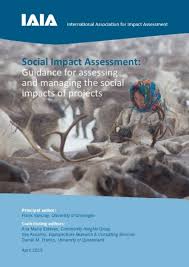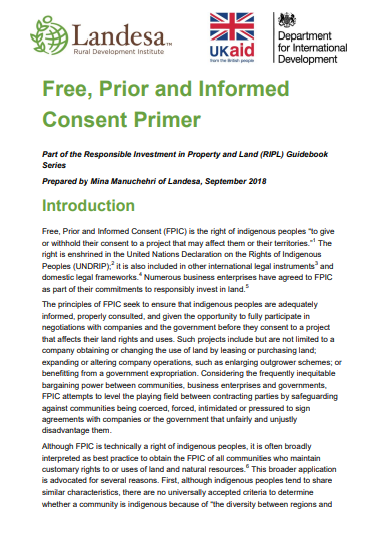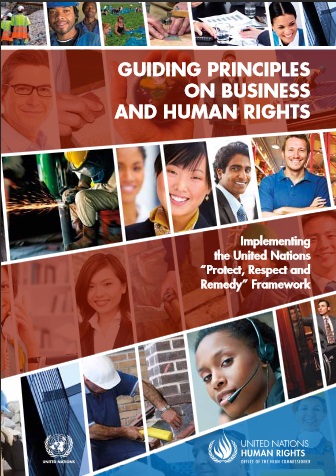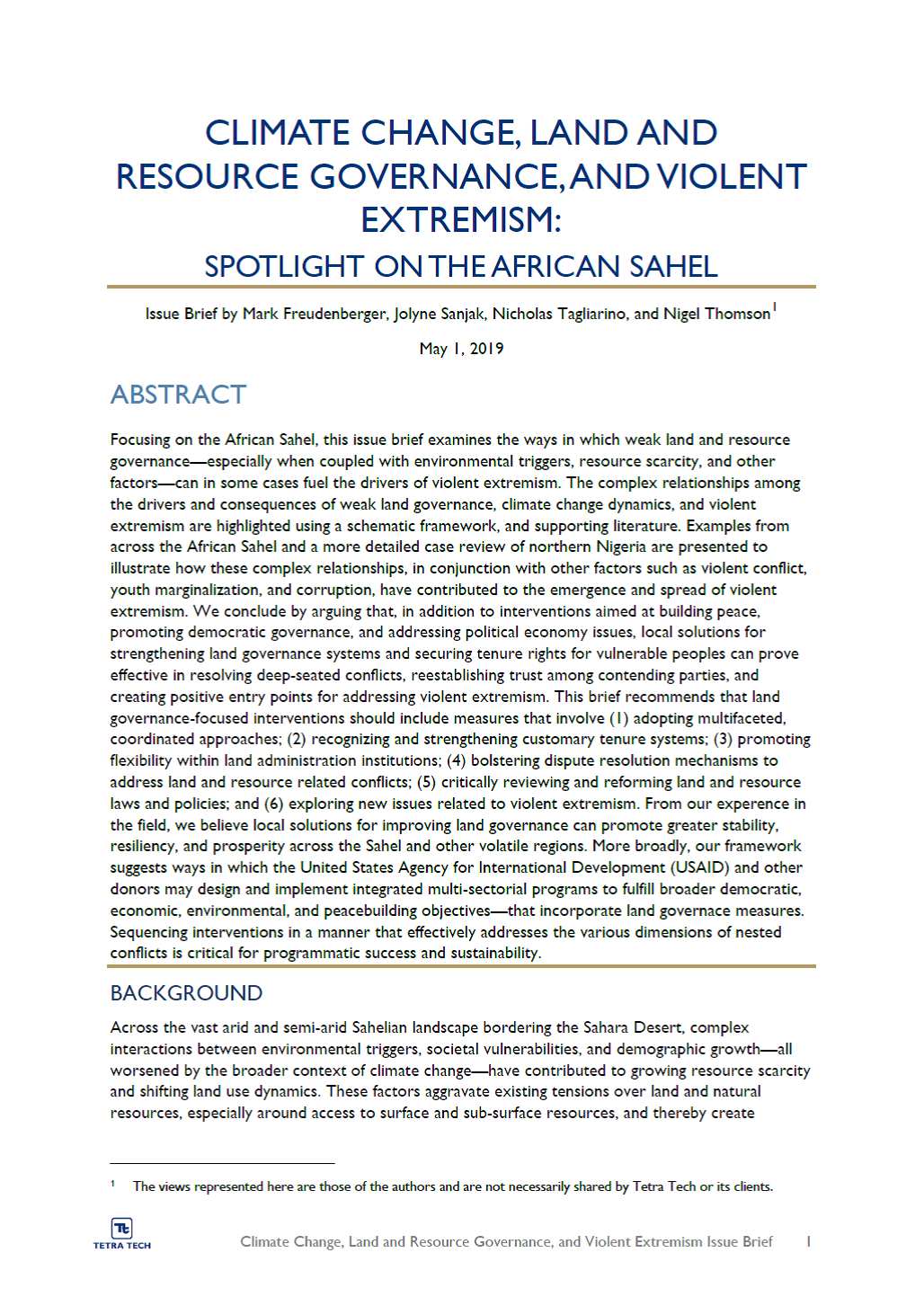Lithuanian land information system
Land information system (LIS) is a convenient tool in the legal, administrative and economic decision-making process. The data of LIS includes: cartographic basis of spatial land datasets, thematic spatial land datasets and a variety of important information from the cadastre, registers and information systems. Lithuanian Land Information System is a developed and expanding field of information technology, which could be more used by the public users of Lithuania and other countries.








